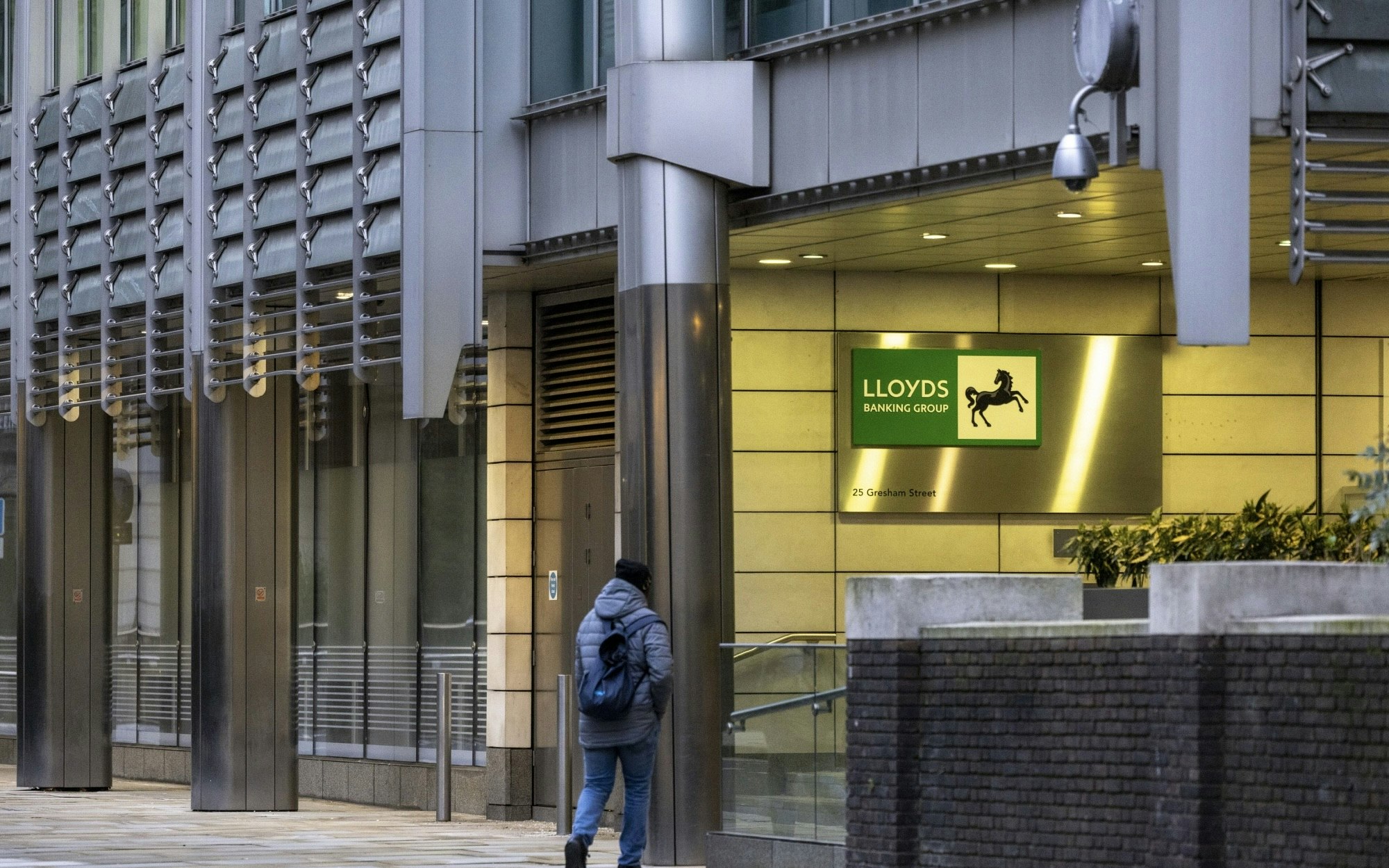Business
Lloyds Banking Group Tightens Travel Regulations for Cost Control and Reduction of Carbon Footprint
British bank tightens travel policy – focus on reducing costs and carbon footprint.

Lloyds Banking Group, one of the largest banks in the UK, has introduced new travel regulations to cut costs and reduce its carbon footprint. This is part of a comprehensive strategic overhaul with a volume of 4 billion pounds.
In an internal memo sent by Chief Operating Officer Nick Laird to the staff of the corporate and investment banking division and seen by the Financial Times, it states that business class flights will be restricted to international journeys of more than six hours. Additionally, domestic flights should be avoided whenever possible.
The new guidelines also state that taxis should only be booked when "no other practical or safe transportation method is available." The adjustments are intended to apply throughout the company, which employs approximately 60,000 people.
While we grow and expand our business, it's important that we also keep our costs under control – especially where our personal decisions have a significant impact," Laird wrote in the announcement. "The clearest example of this is our travel, which incurs both financial and environmental costs.
Lloyds' market-based CO2 emissions increased by 5 percent in the financial year 2022-23 compared to the previous twelve months, which the company attributes to increased business travel and commuting-related emissions.
Other new guidelines include restricting first-class train tickets to journeys of more than three hours or when they are the cheapest available ticket. Lloyds reported that employees in the corporate and investment banking division have already taken more than 330 flights between London and Edinburgh this year.
These measures follow similar steps by HSBC, which has also restricted travel expenses as part of a broader cost-cutting strategy.
A spokesperson for Lloyds said: "We are always looking for ways to maintain industry-leading cost management and strategic focus while supporting the group's net-zero ambitions, as we work hard to help our customers achieve their financial goals.
Lloyds is in the second year of a comprehensive restructuring plan aimed at diversifying revenue sources and reducing dependence on interest rate fluctuations by focusing more on asset management and insurance.
Under the leadership of CEO Charlie Nunn, the group has reviewed thousands of middle management positions as part of a digitalization plan. This year, Lloyds announced plans to overhaul its risk function and cut jobs in risk management after an internal review revealed that it "poses an obstacle to our strategic transformation.






